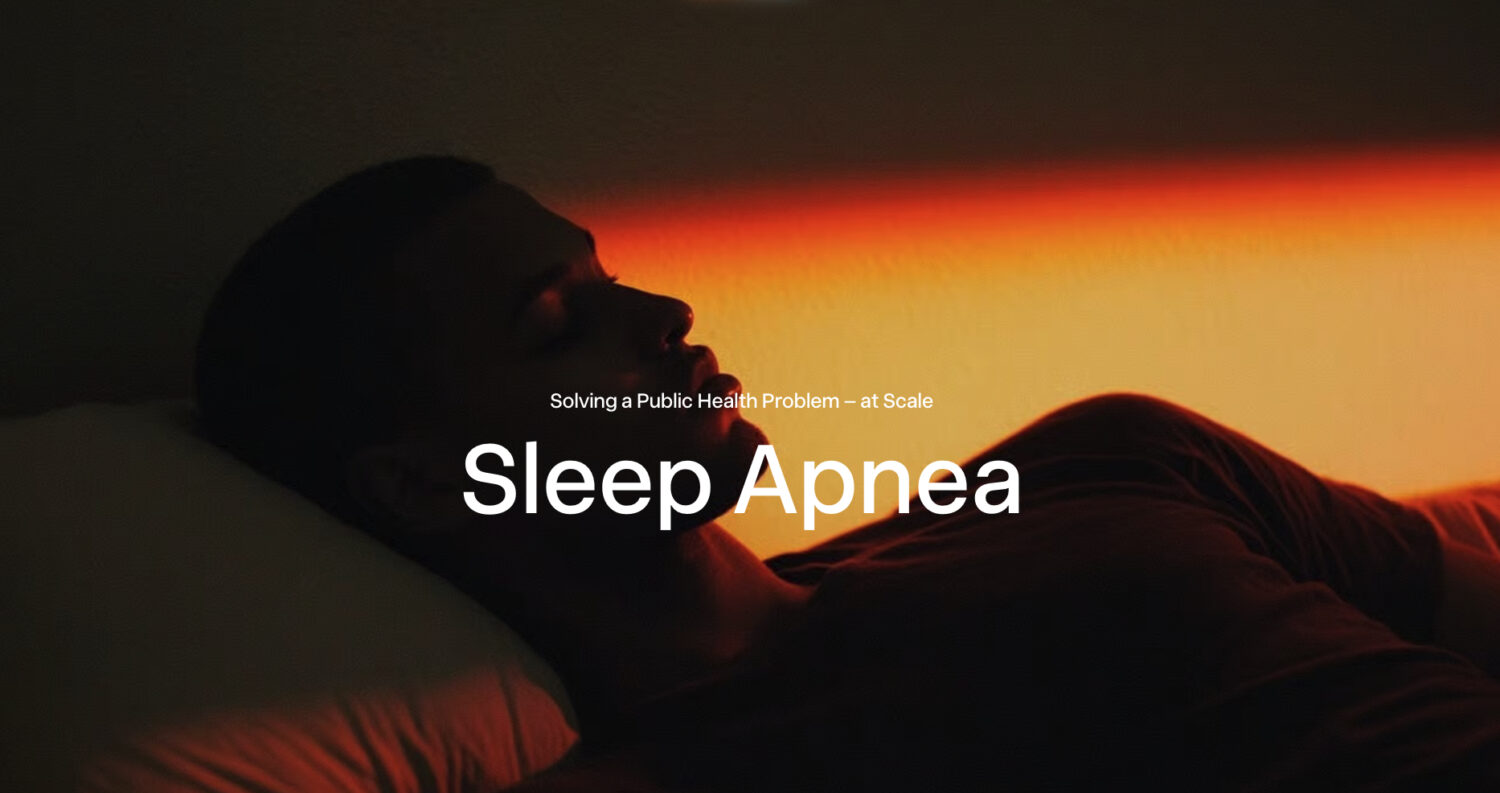
What You Should Know:
– Sleep Cycle, a sleep technology company, announced the commencement of a clinical study to validate its forthcoming smartphone-based feature for screening and monitoring obstructive sleep apnea (OSA).
– The feature will require no additional hardware or wearables, marking a significant step in the company’s mission to pioneer accessible, technology-driven health solutions.
Addressing a Global Health Challenge
Obstructive sleep apnea is a widespread condition, affecting an estimated 950 million adults aged 30–69 worldwide, with a staggering 80% of cases remaining undiagnosed. This “silent epidemic” is linked to numerous serious health complications, including cardiovascular disease, cognitive decline, and a reduced quality of life. The global market for home sleep apnea testing is projected to grow from $712M in 2025 to $966M by 2035, highlighting an urgent need for scalable and cost-effective solutions.
By leveraging its proprietary algorithms and widely available smartphone technology, Sleep Cycle’s upcoming feature aims to bridge this diagnostic gap. With an intuitive interface and competitive pricing, the new solution is designed to democratize sleep health and improve early detection, especially among underserved populations lacking access to specialized sleep clinics or expensive equipment.
“Sleep is the next frontier in preventive health, and we’re here to lead it,” said Erik Jivmark, Chief Executive Officer at Sleep Cycle. “By enabling sleep apnea screening using nothing but an iPhone, we’re not just breaking clinical barriers—we’re unlocking a scalable opportunity to transform lives and redefine the digital health market. This isn’t just an app update; it’s a strategic leap into a multi-billion dollar category ripe for innovation.”
Leading the Way in Sleep Science and AI
The clinical study is being led by Dr. Mike Gradisar, Head of Sleep Science at Sleep Cycle, as the Principal Investigator, alongside Dr. Mikael Kågebäck, the company’s Chief Technology Officer and a PhD in AI and Machine Learning. Their combined expertise reinforces Sleep Cycle’s evidence-based approach to innovation.
“Our AI-powered audio analysis is built on a proprietary sound model trained to identify subtle sleep-related breathing patterns in real-world environments,” explained Dr. Kågebäck. “Unlike traditional methods, our solution analyzes sound in a context-aware manner, enabling detection of potential sleep apnea signs without intrusive wearables or sensors. This marks a new frontier in accessible sleep diagnostics.”
Ethical Oversight and Regulatory Alignment
The clinical study has received formal ethical approval and is being conducted in compliance with international clinical research standards. Sleep Cycle has also completed a pre-submission dialogue with the U.S. Food and Drug Administration (FDA), ensuring the trial design, methods, and intended outcomes are aligned with regulatory expectations.
The study, which began on June 2nd, will be conducted at the Sleep Testing Australia clinic in Brisbane and Adelaide. It will involve approximately 700 participants and aims to validate the precision of Sleep Cycle’s new screening algorithm in detecting obstructive sleep apnea.
